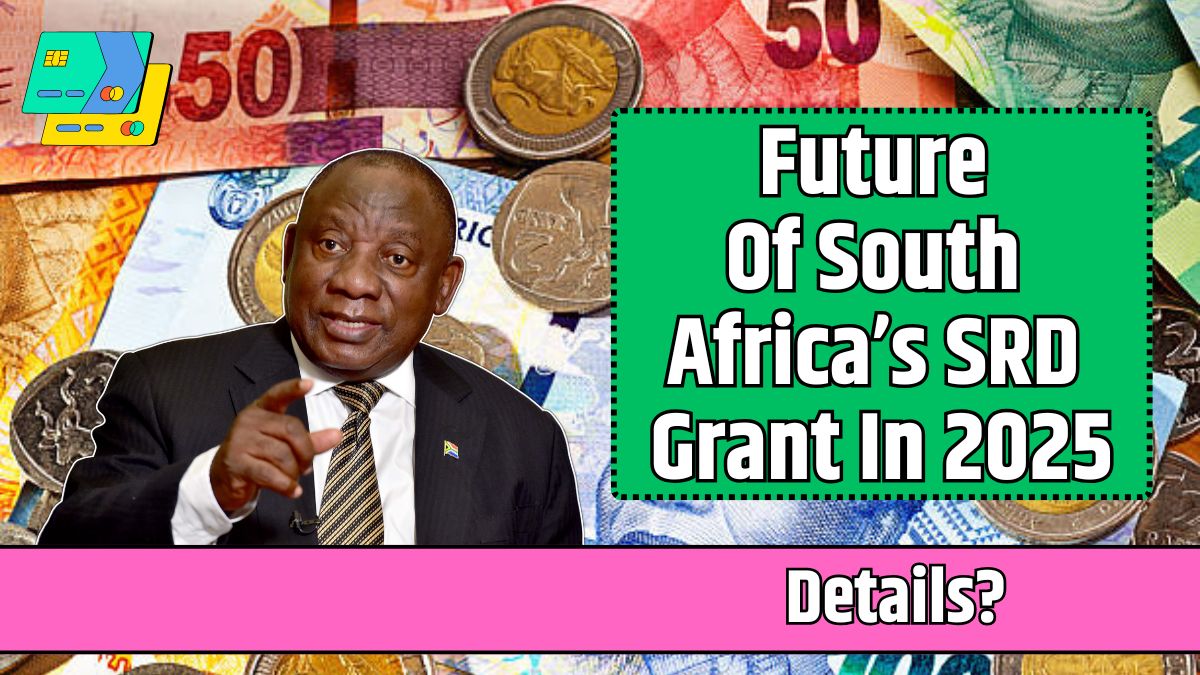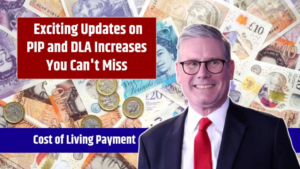South Africa’s Social Relief of Distress (SRD) grant has been a lifeline for millions of unemployed adults since its introduction in 2020.
Initially designed as a temporary relief measure during the COVID-19 pandemic, the grant has evolved into a vital support system for over 9 million South Africans.
However, with the extension confirmed only until March 2025, questions remain about its future. Let’s delve into the facts, speculations, and possible outcomes.
Extension Until March 2025
In response to ongoing economic challenges, the South African government extended the SRD grant through March 2025.
This decision reflects the continuing need for financial assistance among the country’s most vulnerable populations.
Key Announcements
- President Cyril Ramaphosa, during the State of the Nation Address (SONA), emphasized the importance of the grant in supporting unemployed adults who lack access to other social grants or unemployment insurance.
- Finance Minister Enoch Godongwana, in the medium-term budget policy statement, confirmed the allocation of R33.6 billion for the grant in 2024, with provisions for the next two fiscal years.
Grant Increase
The SRD grant amount has increased from R350 to R370 per month, representing a 5.7% adjustment to counter rising living costs.
This slight increase acknowledges the growing financial strain on recipients.
Beyond 2025: Possibilities and Challenges
Will the SRD Grant Be Extended Again?
The continuation of the SRD grant beyond March 2025 remains uncertain. Future decisions will depend on:
- Funding Sources: The government must identify sustainable revenue streams or adjust budget allocations to maintain the grant.
- Economic Recovery: A stronger economy could reduce dependency on social grants, but progress has been slow post-pandemic.
A Shift Towards a Basic Income Grant (BIG)?
The introduction of a Universal Basic Income Grant (UBIG) is being discussed as a potential replacement for the SRD grant.
UBIG aims to provide a more comprehensive and long-term solution to poverty and unemployment.
Key Considerations for UBIG
- Public and Political Support: The idea has gained traction among political groups and the public.
- Financial Sustainability: Implementing UBIG requires careful planning to ensure it doesn’t overburden the economy.
- Integration with Current Systems: Policymakers must harmonize UBIG with existing social support programs.
UBIG represents a hope for a more stable safety net but requires consensus and meticulous planning to address its financial and societal implications effectively.
Impacts of the SRD Grant
The SRD grant has had a measurable impact on millions of lives:
- Immediate Relief: Provides essential income for basic needs like food and utilities.
- Economic Stimulus: Injects cash into local economies, supporting small businesses and informal traders.
- Social Stability: Alleviates pressure on vulnerable households during times of crisis.
Practical Steps for Grant Recipients
- Stay Updated: Monitor government announcements for any changes to the SRD grant or the introduction of UBIG.
- Budget Wisely: With the grant increase, allocate funds to essential expenses to maximize its impact.
- Engage with Policy Discussions: Participate in public forums or discussions to voice your opinions on social support programs.
The SRD grant has proven to be a crucial safety net for South Africa’s most vulnerable citizens.
While its continuation beyond March 2025 is uncertain, discussions about its potential replacement with a Universal Basic Income Grant offer hope for a more sustainable solution.
The future of social assistance in South Africa depends on effective policymaking, economic growth, and public engagement to address the country’s pressing socio-economic challenges.
















